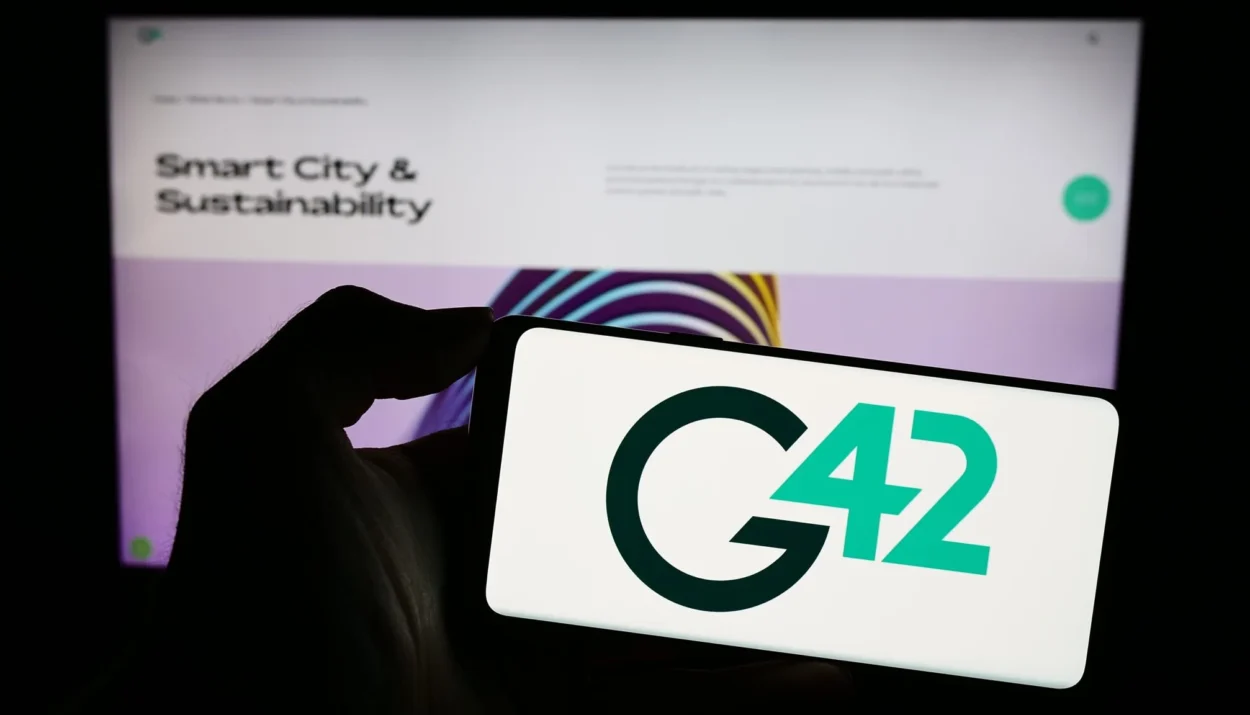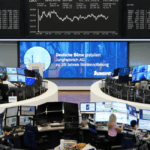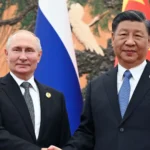Abu Dhabi’s G42 has been one of Nvidia’s most important international partners this year. The UAE-backed group is spearheading the UAE–US AI Campus, a five-gigawatt project that aims to be the largest AI infrastructure hub outside the US. At first, the plan looked like a major Nvidia showcase: the opening Stargate data centre, a one-gigawatt facility due in 2026, is built around Nvidia’s Grace Blackwell GB300 systems, currently the company’s most advanced AI platform.
That connection underscored Nvidia’s growing footprint in Abu Dhabi, where sovereign-backed investors have been channelling billions into AI hardware. It also positioned G42 as a flagship international customer, one that Nvidia could point to when highlighting global demand for its GPUs.
Why G42 is moving beyond Nvidia
Now, the narrative is shifting. G42 is negotiating with AMD, Qualcomm, and Cerebras Systems to supply additional chips for later phases of the campus. Also, big names in talks to be tenants: AWS, Google, Microsoft, Meta, and Elon Musk’s xAI, with Google reportedly farthest along. The reason is twofold:
- Resilience and politics: relying on one supplier, especially one vulnerable to U.S. export controls, is risky.
- Performance and flexibility: different chips suit different workloads — AMD’s accelerators for training, Cerebras’s wafer-scale engines for massive parallelism, and Qualcomm’s edge AI for distributed computing.
By broadening its chip base, G42 is signaling that the future of AI infrastructure in the Gulf won’t be tied to a single vendor.

Nvidia’s Abu Dhabi footprint
Even with diversification, Nvidia remains deeply embedded in G42’s plans:
- Stargate Phase One: Powered entirely by Nvidia GB300s, this is the showcase facility and will account for about 20% of the campus’s 5 GW capacity.
- Strategic prestige: Nvidia’s involvement has helped attract UA hyperscalers — Google, Microsoft, AWS, and Meta — to negotiate tenancy at the site.
- Policy ties: The UAE project was unveiled during Trump’s visit to Abu Dhabi, where Nvidia was highlighted as part of a $200 billion economic package.
This shows Nvidia is not being pushed out — but it will no longer enjoy exclusivity.
What this means going forward
For Nvidia:
- The company keeps its premium spot but risks losing share in future phases if AMD or others prove more cost-effective.
- Its role in Abu Dhabi highlights how much its growth story now depends on sovereign projects abroad, not just U.S. demand.
For AMD, Qualcomm, and Cerebras:
- They gain a rare opening into a showcase project that could boost credibility with other governments and corporations.
- Winning a share of the Gulf’s AI build-out gives them not just revenue, but also geopolitical relevance.
For the UAE:
- G42’s diversification strengthens its “digital embassy” pitch to foreign governments — offering sovereign data hosting, cyber protection, and cheaper energy.
- It also positions the UAE as a neutral hub for AI, less beholden to one U.S. chip supplier.
Abu Dhabi has been one of Nvidia’s crown-jewel partners, but G42’s decision to bring in AMD, Qualcomm, and Cerebras shows the era of sole-supplier dominance is ending. Nvidia will remain the backbone of the Stargate project and a symbol of cutting-edge performance, yet G42’s pivot highlights a new reality: in the global AI race, resilience and diversification matter as much as raw computing power
Disclosure: This article does not represent investment advice. The content and materials featured on this page are for educational purposes only.
Related:
Nvidia Q2 2026 Earnings Preview and Prediction: What to expect
Why Warren Buffett and Hedge Funds Are Betting on UnitedHealth Stock (UNH)










